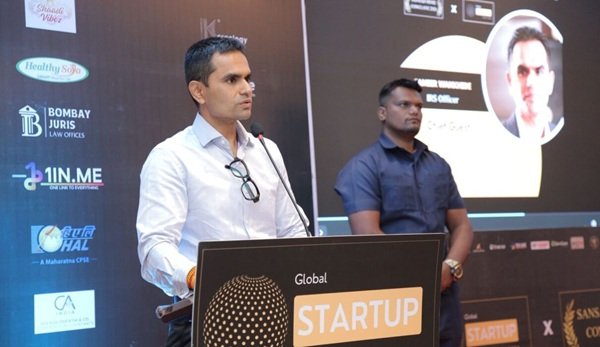
THE AGENDA FOR TIGER CONSERVATION IS URGENT. “TIGER BONDS” IS THE WAY FORWARD, says Mr. Praveen Garg, President of Mobius Foundation and Former Special Secretary of MOEF&CC
- August 8, 2023
- 0
Project Tiger, initiated in 1973, has been instrumental in safeguarding the endangered tiger population in India. The project, launched by the Government of India in collaboration with various stakeholders, has made significant strides in tiger conservation over the years. However, the challenges faced by tiger populations continue to persist, necessitating the urgent need for additional funding and innovative approaches to ensure their survival.
Tigers play a crucial role in maintaining ecological balance and biodiversity. Their presence in the wild indicates the health and robustness of our ecosystems. Unfortunately, tiger populations face numerous threats such as habitat loss, poaching, and human-wildlife conflicts. To address these challenges effectively, it is imperative to secure sustainable and adequate funding for tiger conservation initiatives.
To this end, the Mobius Foundation had organised a panel discussion “Tiger Talk: A Roaring Dialogue on Tiger Conservation” 04th August, Friday, 6:00 PM -8:00 PM: Bikaner House, New Delhi, to delve into innovative ideas for financing tiger conservation and emphasize the critical need for such solutions. Esteemed experts from various fields, including conservationists, financial experts, and policymakers gathered to exchange insights, share success stories, and brainstormed creative financing mechanisms to support tiger conservation efforts. Mr. Pradip Burman, Chairman of the Mobius Foundation, delivered the introductory remarks to the distinguished guests and spoke of the importance of viewing tiger landscapes as an incredible array of biodiversity.
Chief Guest at the event was Shri. M K Ranjitsinh, IAS (Retd) Former Addl. Secretary MoEF&CC, Author, Conservationist, Prime Architect of the Wildlife (Protection) Act. He said “If given the chance, animals have the incredible ability to make a comeback. Providing them with a suitable environment is crucial to their survival and prosperity.”
“To preserve the tiger population, we must take action. Poaching poses the biggest threat to these majestic animals as their skin and body parts are in high demand on the global market. The second threat is the loss of their natural habitat due to urban development and lifestyle changes.” – Dr. S.P Yadav, ADG Forest (Project Tiger) & Member Secretary (National Tiger Conservation Authority), MoEF&CC
Dr. Sejal Worah, Program Director, WWF India emphasized, “In order for the conversation with tigers to continue and infrastructure development to occur simultaneously, we need to seek for strategies to address the conflict between humans and tigers in the future. The only answer is the intelligent infrastructure that supports ecosystem balance.”
Shri. Praveen Garg, President of Mobius Foundation and Former Special Secretary in MOEF&CC, advocated for and developed the concept of “TIGER BONDS,” or the use of bond markets to supplement fund flows to protected areas. The so-called ‘Tiger Bonds’ can be used to raise conservation funds, which can be obtained through government-issued green bonds or private sector participation, and then handed to India’s national parks, supporting the state in animal protection.
The event acted as a forum for collaboration and the exploration of potential collaborations among conservation organisations, financial institutions, and governmental entities. Mobius Foundation intended to build synergy and establish real methods to successfully mobilise funding for tiger conservation by bringing together diverse stakeholders.
Ms. Jessica Gill, Sr. Research Associate, Mobius Foundation, concluded the presentation with a ‘Vote of Thanks’ and emphasised the importance of improved transboundary collaboration for tiger conservation as well as stiffer penalties for poaching and illicit wildlife trade.
Disclaimer: South Asia News Network and its affiliates shall not be held liable for any errors or omissions in the content provided on this website or for any actions taken based on the information provided. Users agree that the use of the website and its content is at their own risk. In no event shall southasianewsnetwork.in be liable for any direct, indirect, incidental, special, or consequential damages arising out of or in connection with the use of this website.







